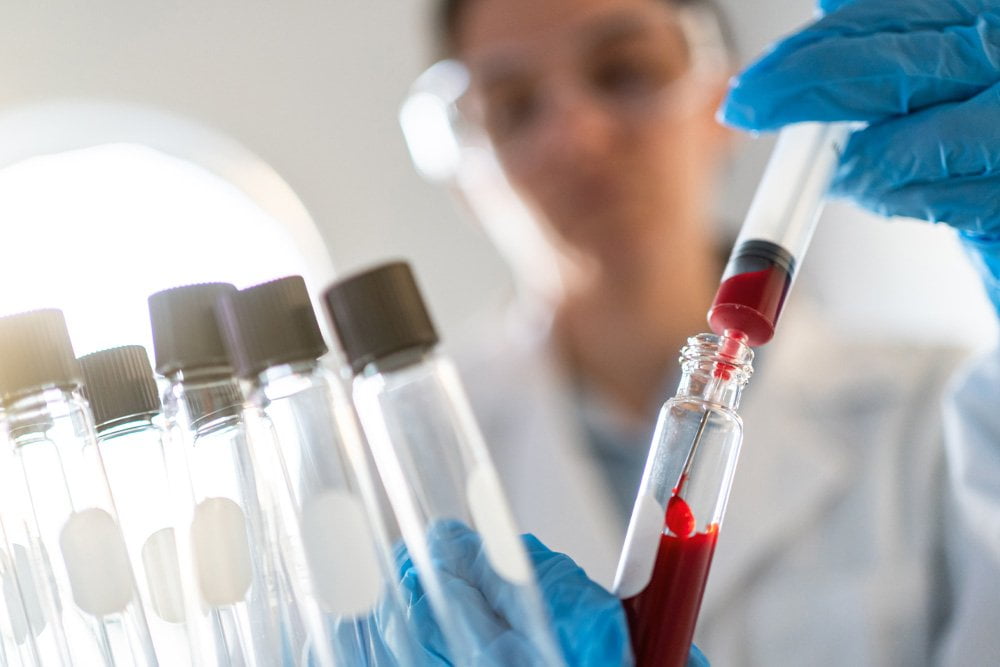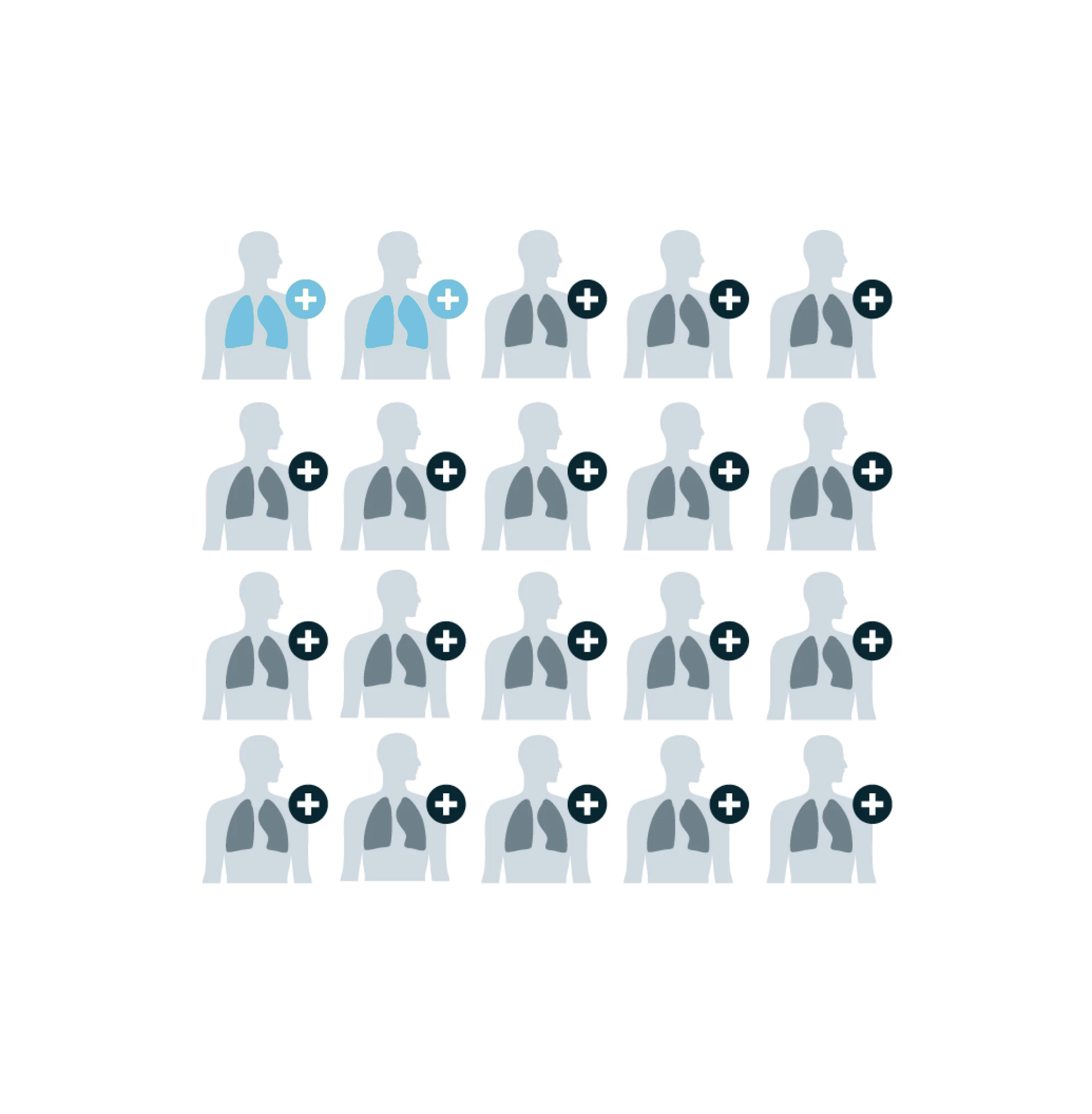We use
Empowering biomedicine
At Renovaro Cube, we are committed to the early detection of cancer, with the aim to intervene at a stage where treatment can be most effective. Renovaro Cube is a molecular data science company with a background in FinTech. We have developed an award-winning AI Technology that drastically accelerates the field of molecular research. We bring together proprietary artificial intelligence (AI) technology, multi-omics and multi-modal data, and the expertise of a carefully selected multidisciplinary team to radically accelerate precision medicine and enable breakthrough changes in cancer care.


Early diagnostics
Despite many advances in the field of medicine, most cancers are diagnosed too late. Delays in selecting the optimal treatment often lead to a poor clinical prognosis. To reduce cancer mortality, we need diagnostic approaches that can handle the molecular complexity of cancer and deliver a fast, yet comprehensive profile of the disease. At our research centre we are developing solutions to these challenges, to accelerate cancer research with the hope to help millions of people reach their diagnosis and treatment in time.
Finding hidden patterns
AI and its methods such as machine learning algorithms are known for their ability to process big, complex data sets, detect patterns and learn how to make predictions from their own experience at a far higher speed and reliability and lower cost as compared to their human counterparts. Sifting through billions of data points, AI algorithms turn hidden patterns and trends that define each tumor type into biomarkers for cancer detection. These patterns can be used to determine the location of the tumor, predict which therapy will be most effective, and monitor disease progression.

APPLICATIONS OF THE GEDICUBE

Type-specific cancer detection
Using DNA methylation data, we have identified and validated high performing biomarker panels for detection of bladder, breast, colon, prostate, thyroid, Head & Neck, liver, kidney and lung cancer.
Pan-cancer detection
Our technology supports pan-cancer analysis by keeping records of all informative biomarkers discovered over analyzed cancer types. Comparing biomarkers among different cancers allows us to quickly cross-reference biomarkers and investigate molecular similarities and differences across multiple tumor types. This results in a more accurate diagnosis of the tumor type and insight into optimal treatment.


Patient stratification
Accurate identification of patient subgroups provides options for precision therapeutics and tailor-made treatment. We have discovered biomarkers that can identify a subgroup of thyroid cancer patients with a specific genomic alteration, the NTRK gene fusion. Identification of NTRK patients provides an actionable therapeutic target for which multiple drugs are currently available.
From research to product
BIOMARKER PANELS
GEDiCube is an enterprise software platform whose main features include AI-guided analysis and keeping records of all data handling steps in audit trails, logs and data discoveries. This allows us to underpin each step of the process from raw data to biomarker panels as required in academic research but also for filing Intellectual Property (IP). Our biomarker discovery is performed with a combination of statistical, genomic and biological criteria and results are explored using the interactive panel insights tool.
AI-ASSISTED PATIENT DIAGNOSTICS
The discovery of biomarkers with GEDiCube has yielded extensive data which allows us to examine genomic differences and similarities across diverse cancer types. This knowledge is further used to perform AI-guided molecular profiling of patient samples to generate patient reports. The diagnostic report contains results of the molecular profiling as well as insight into the results provided by our team meant to assist cancer diagnostics and should be interpreted by a healthcare provider in the context of the medical history, clinical signs and symptoms of a patient.
Biomarker discovery workflow
Phase 1
Discovery
850,000 genomic features
20, 000 genes
>1 billion combinations
In this phase, we focus on biomarker discovery which is performed using data mining algorithms and statistical methods implemented in the platform.
Phase 2
Panel mining & modelling
High-performance validated panels >95% sensitivity/specificity
This phase starts from the selected biomarkers. We investigate how selected biomarkers work together by combining them into panels. The goal is to identify biomarker combinations that are robust in detecting cancer.
Phase 3
Clinical Validation
High-performance panel for product development
In the final phase, we work together with our clinical partners to further confirm the high performance of the assembled biomarker panels.